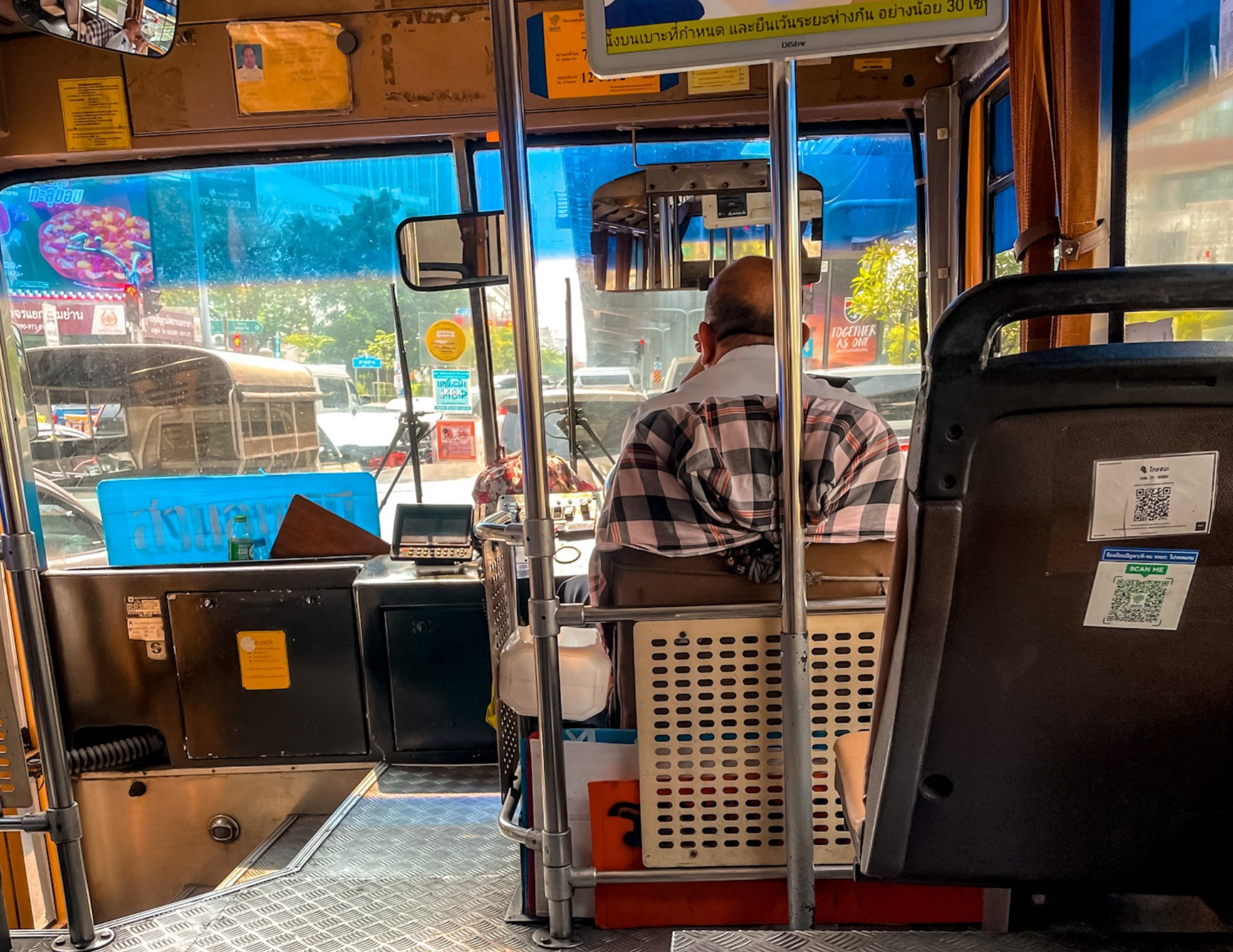I’m a planner, so I researched Bangkok hard before we moved, and honestly, that prep saved us. This isn’t the “after you arrive, you’ll figure it out” stuff; it’s the need-to-know before you land details that make life smoother from day one: cost of living that swings wildly by lifestyle and location, visas and paperwork that take time (and backups), why living near BTS/MRT matters more than you think, how banking, SIMs, and payments actually work, and small daily habits (air quality, etiquette, housing quirks) that keep you sane. If you’re Bangkok-bound, start here and you’ll skip a lot of hassle.

1) Cost of living isn’t one-size-fits-all (your lifestyle drives your budget)
Bangkok can be “wow, that’s cheap” or “wait, that’s Manhattan”, it depends where you live, how you get around, and how often you brunch at mall cafés. A modern 1-bedroom near BTS Asok/Phrom Phong/Thonglor can run roughly ฿30k–55k+/mo; go a few stops out and you’ll find decent places in the ฿12k–25k/mo range. Utilities are usually modest; high-speed fiber (500 Mbps–1 Gbps) is common and surprisingly affordable.
Tip: If you’ll rely on BTS/MRT, pay a little more to live near a station, you’ll save your sanity (and grab fewer taxis) later. The BTS runs the length of Sukhumvit with an MRT interchange at Asok, so that corridor is ultra-convenient.
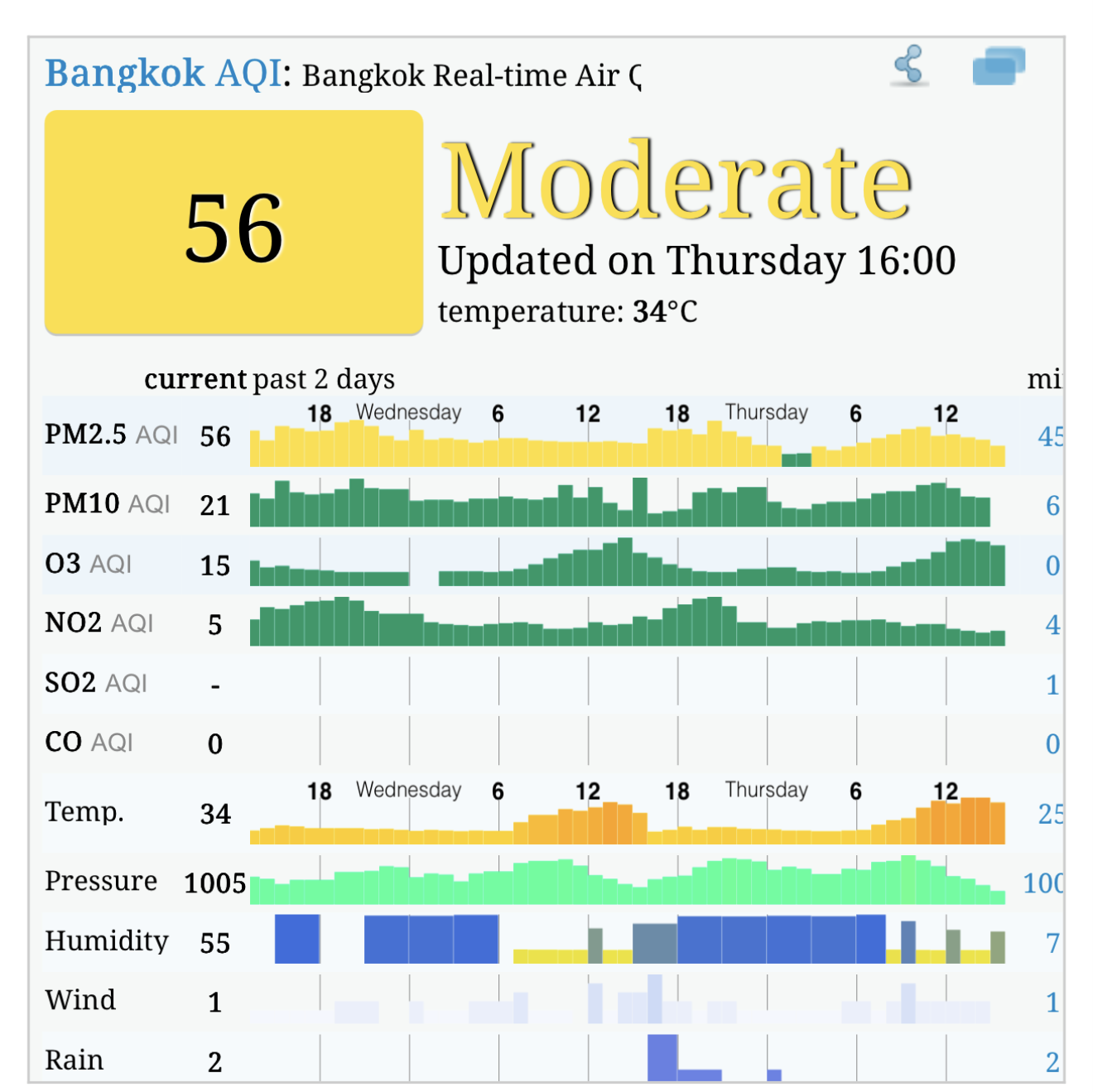
2) Air quality + seasons matter (buy the purifier before you need it)
Bangkok is tropical (read: hot + humid), but the surprise is PM2.5 smog during the cool season. Some days are fine; some days… masks and indoor plans. The city even closed hundreds of schools during a bad spell this year and offered free transit to reduce traffic. Plan on an air purifier at home and keep an AQI app on your phone.
Tip: If you exercise outdoors, mornings are best. Always check the day’s AQI before long runs or kid park sessions.
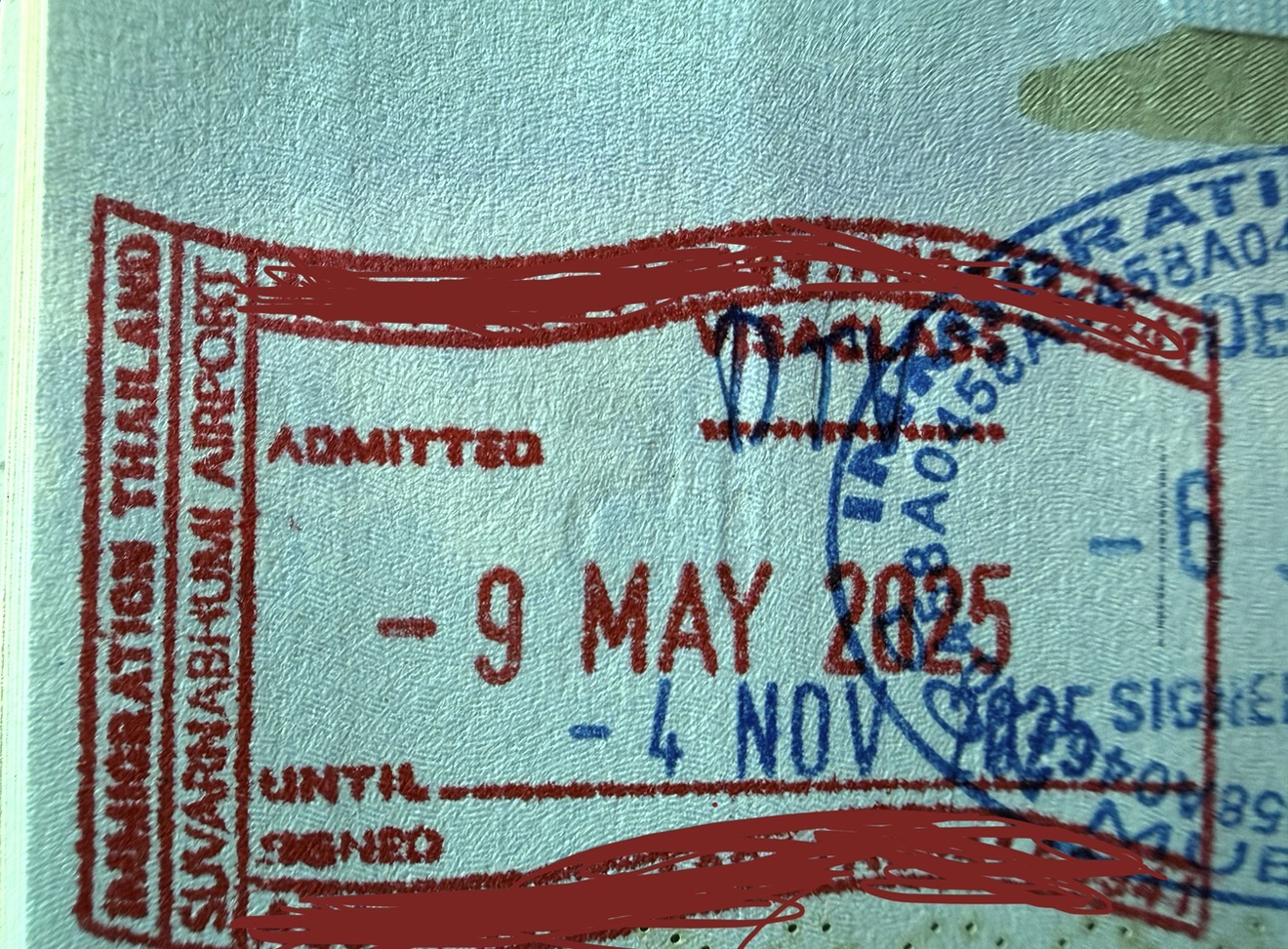
3) Visas & bureaucracy take time (and change often)
The basics most movers deal with:
- Non-Immigrant B + work permit if you’re employed (you can’t legally work without the permit).
- LTR (Long-Term Resident) visa if you fit specific income/skill/investment buckets.
- Thailand Privilege (formerly “Elite”) for long stays via paid membership.
On top of your entry visa, expect 90-day reporting and TM30 address notification after you move in (your landlord usually files TM30, but it’s your problem if it isn’t done). Thailand is also restructuring Non-Immigrant categories (since Aug 31, 2025), so always double-check the current rules.
Tip: Screenshot every submission/receipt page and keep copies of your lease, TM30 receipt, and passport ID page in a cloud folder. It speeds up everything later.
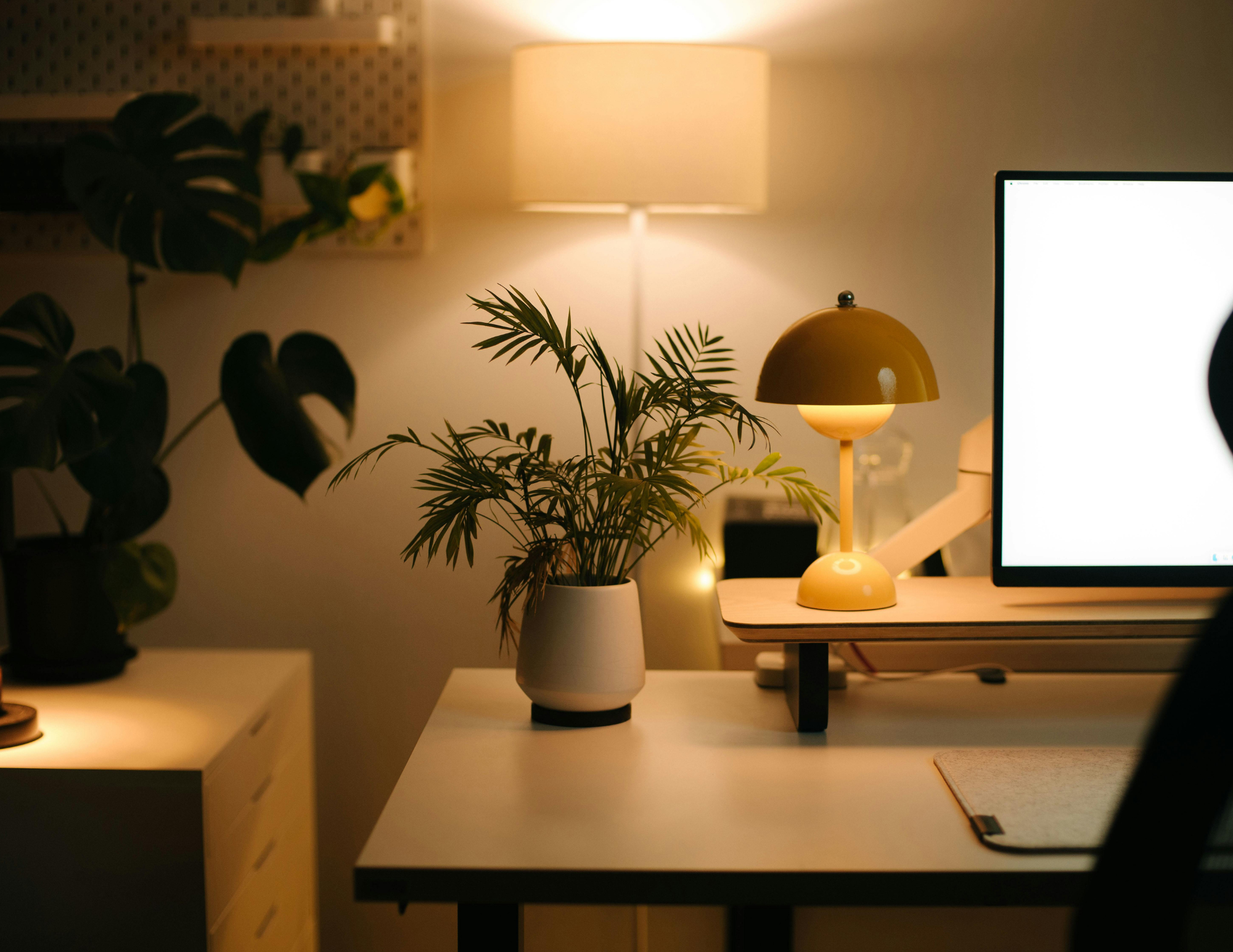
4) You can’t legally “work online on a tourist visa” (even from a café)
Thailand is wonderful for remote work, but the law says foreigners need a work permit to work here, yes, even if your clients are abroad. Penalties include fines, deportation, and bans. If your plan is to earn while in Thailand, set up the right visa/permit first.
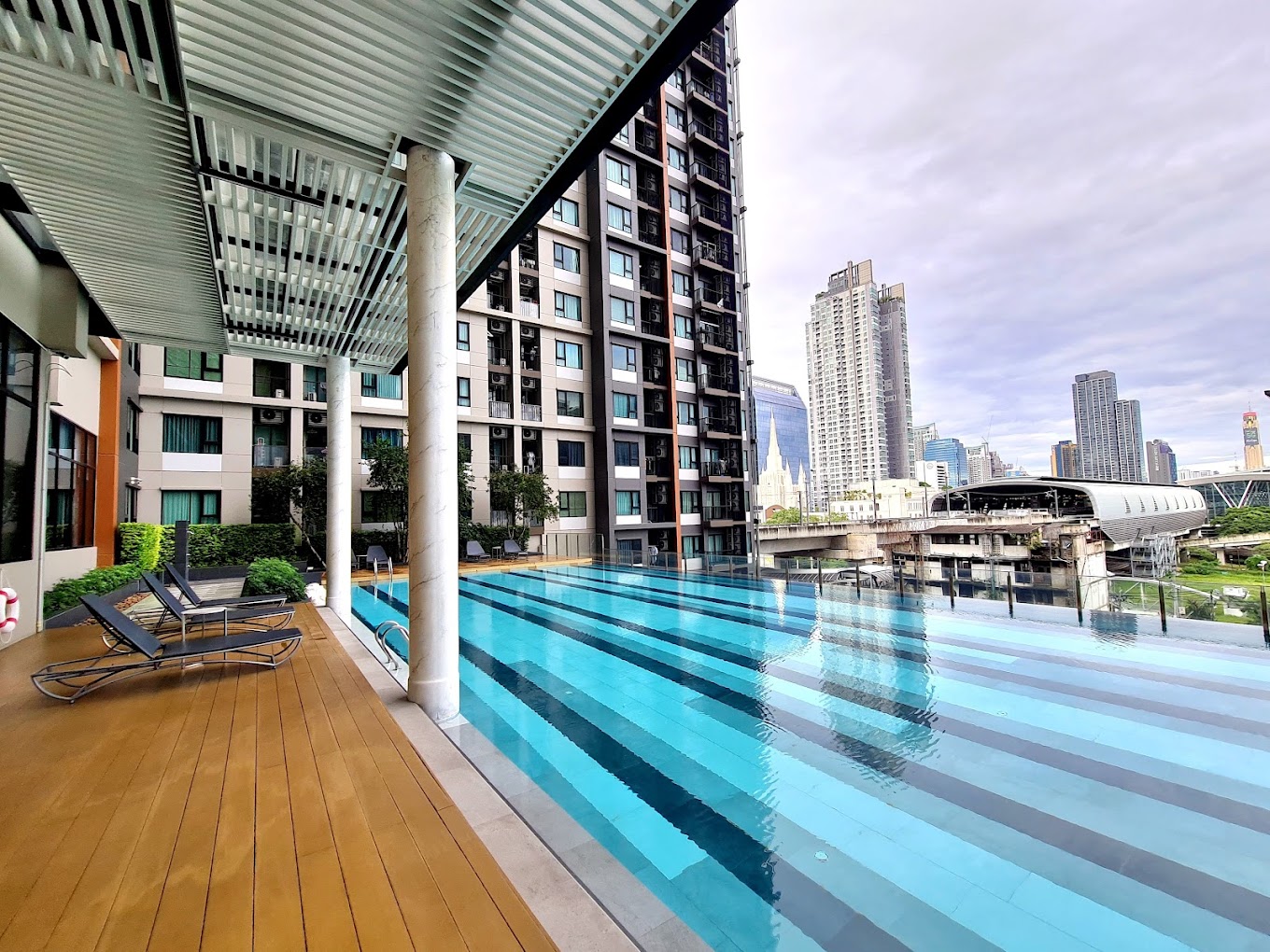
5) Renting is straightforward, just know the norms
Most condo rentals want 2 months’ deposit + 1 month in advance on a 12-month lease. If your landlord owns five+ units, a 2018 consumer-protection rule caps deposits and adds protections; otherwise, the old “2+1” practice still dominates. Always get a stamped receipt and a TM30 confirmation after move-in.
Tip: Ask what’s included (Wi-Fi? water?) and what your electricity tariff is (condos usually bill at government rate; some serviced apartments mark it up).
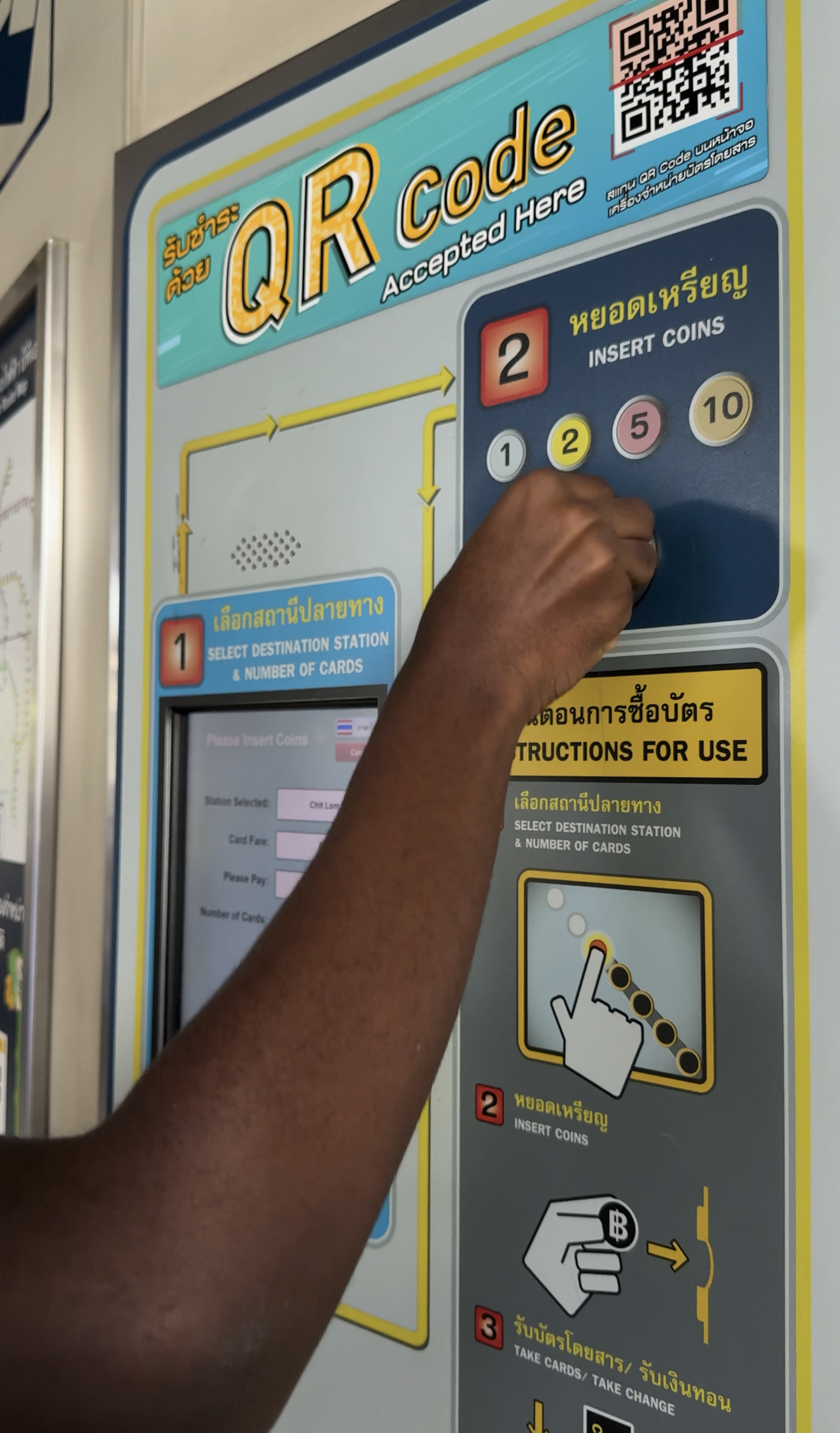
6) Transport is excellent if you plan around it
- BTS/MRT are clean, fast, and the best way to dodge traffic. Grab a Rabbit card for BTS and a stored-value card for MRT.
- Many lines (like the monorails) accept EMV contactless bank cards; QR codes are common too.
- Grab/Bolt work well for cars or motorbikes; prices surge at rush hour and airport policies evolve (designated pickup zones, etc.).
Tip: Pick housing within a 10-minute walk of a station. In rainy season, that last 500 meters makes or breaks your commute. I needed something within a 5-minute walk because of these factors. Choose what works best for you.
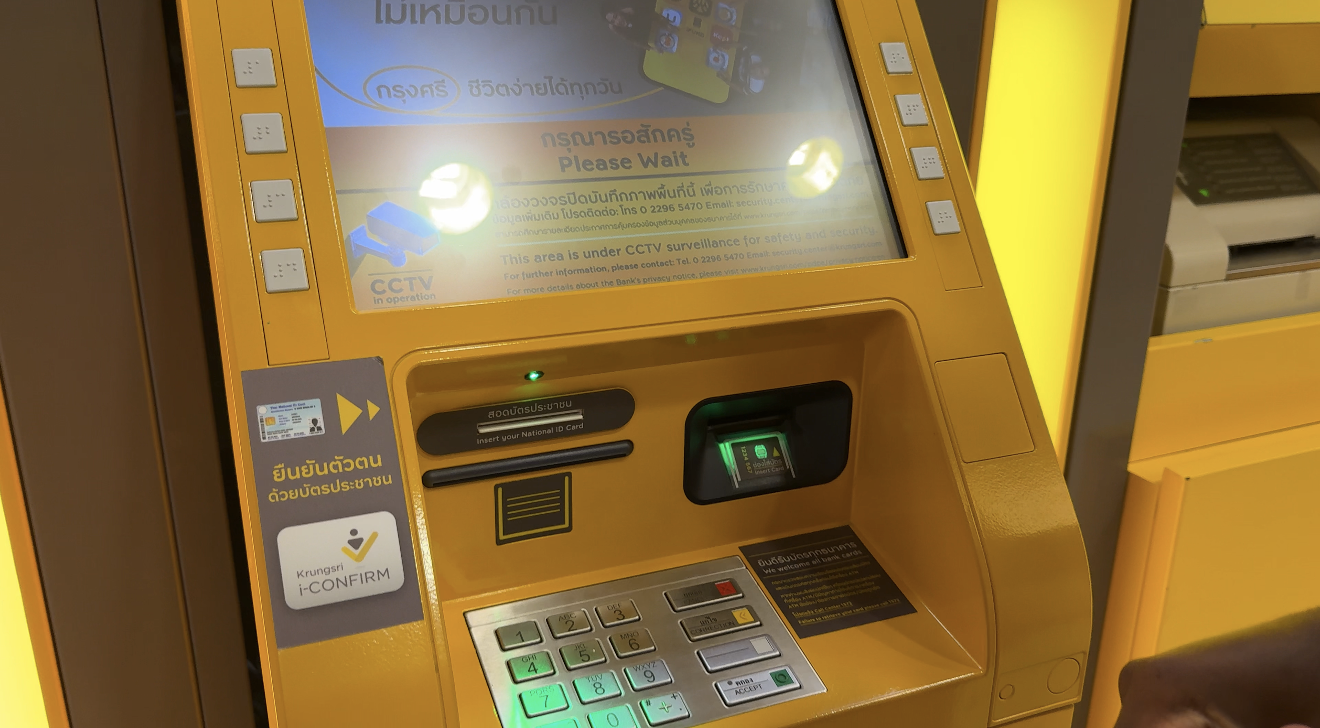
7) Banking, SIMs & payments: possible, but expect paperwork
Opening a Thai bank account typically requires a long-stay visa (Non-B, ED, O, LTR/Privilege), proof of address, and a Thai phone number. Requirements vary by bank and branch, but tourist-visa accounts are now rare.
Mobile numbers are real-name registered (passport for foreigners) and 2025 rules added biometric “liveness” checks; it’s easy enough at carrier stores. For data, tourist or monthly plans from AIS/True/DTAC are fast, and eSIM is widely supported.
Day-to-day, you’ll use PromptPay QR everywhere, from 7-Eleven to street markets; it’s a national instant-transfer system backed by the Bank of Thailand.
Note: The DTV (Destination Thailand Visa) is treated as a tourist-class visa, and as of 2025 most Thai banks won’t open new accounts for holders of tourist visas (including DTV) you’ll typically need a non-immigrant/LTR/Thailand Privilege status to bank locally.
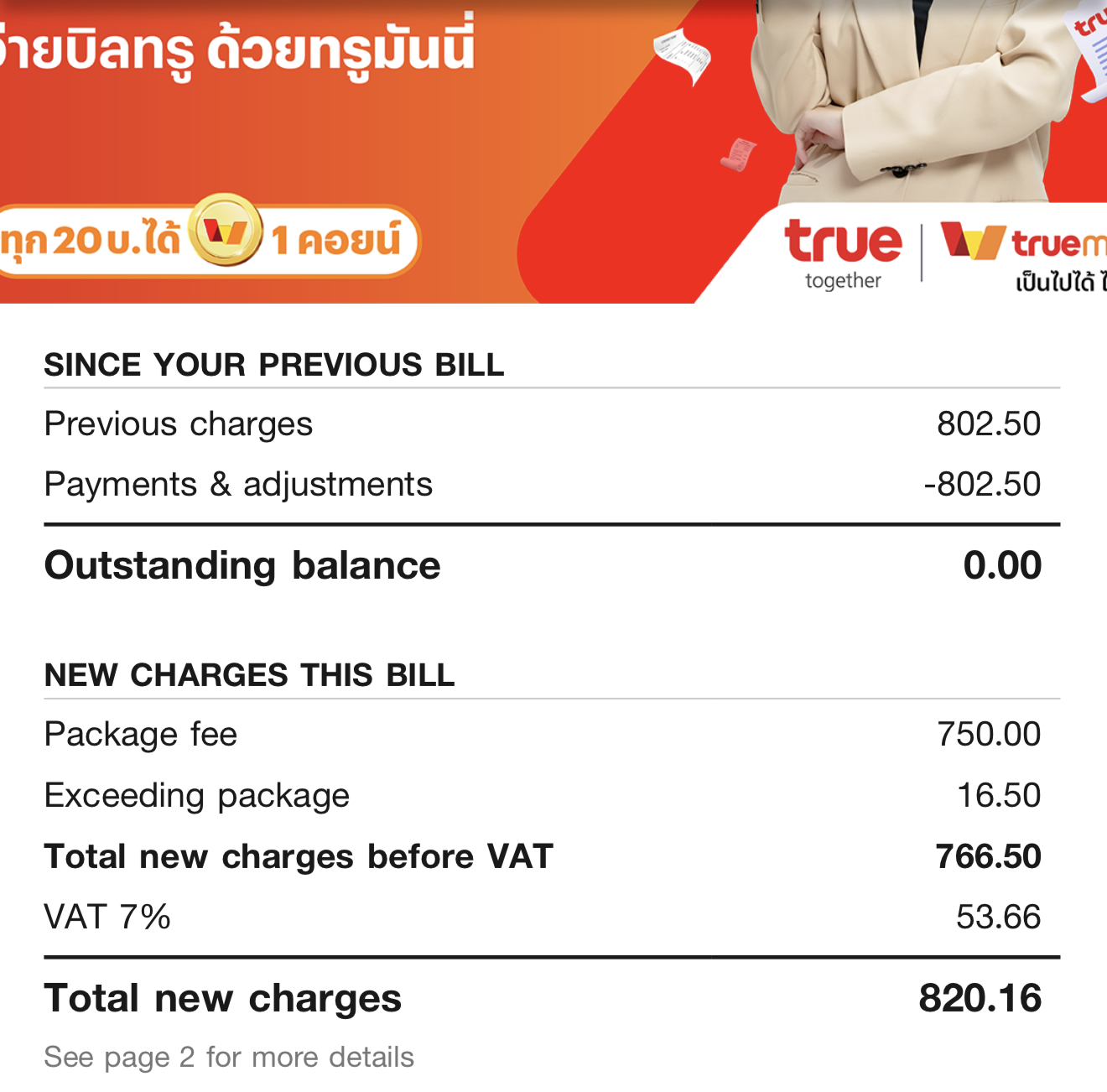
8) Internet is fast (and cheap)
Home fiber 500 Mbps–1 Gbps plans commonly sit in the ฿700–1,200/mo range, with AIS and True dominating the market. I have a plan with True which runs ฿750 monthly and comes with phone data. Installation promos are frequent; check contracts for early-termination fees.
Tip: Buildings with older wiring sometimes struggle with Wi-Fi coverage, budget for a mesh router if your unit is big or oddly shaped.

9) Healthcare is excellent, get the right insurance
Bangkok’s private hospitals (think Bumrungrad, Samitivej, Bangkok Hospital) offer world-class care, English-speaking staff, and efficient service. Walk-in GP visits are easy, but inpatient care can be pricey without insurance. Long-stayers should price private international plans or local expat policies; retirees often pair retirement visas with health insurance requirements.
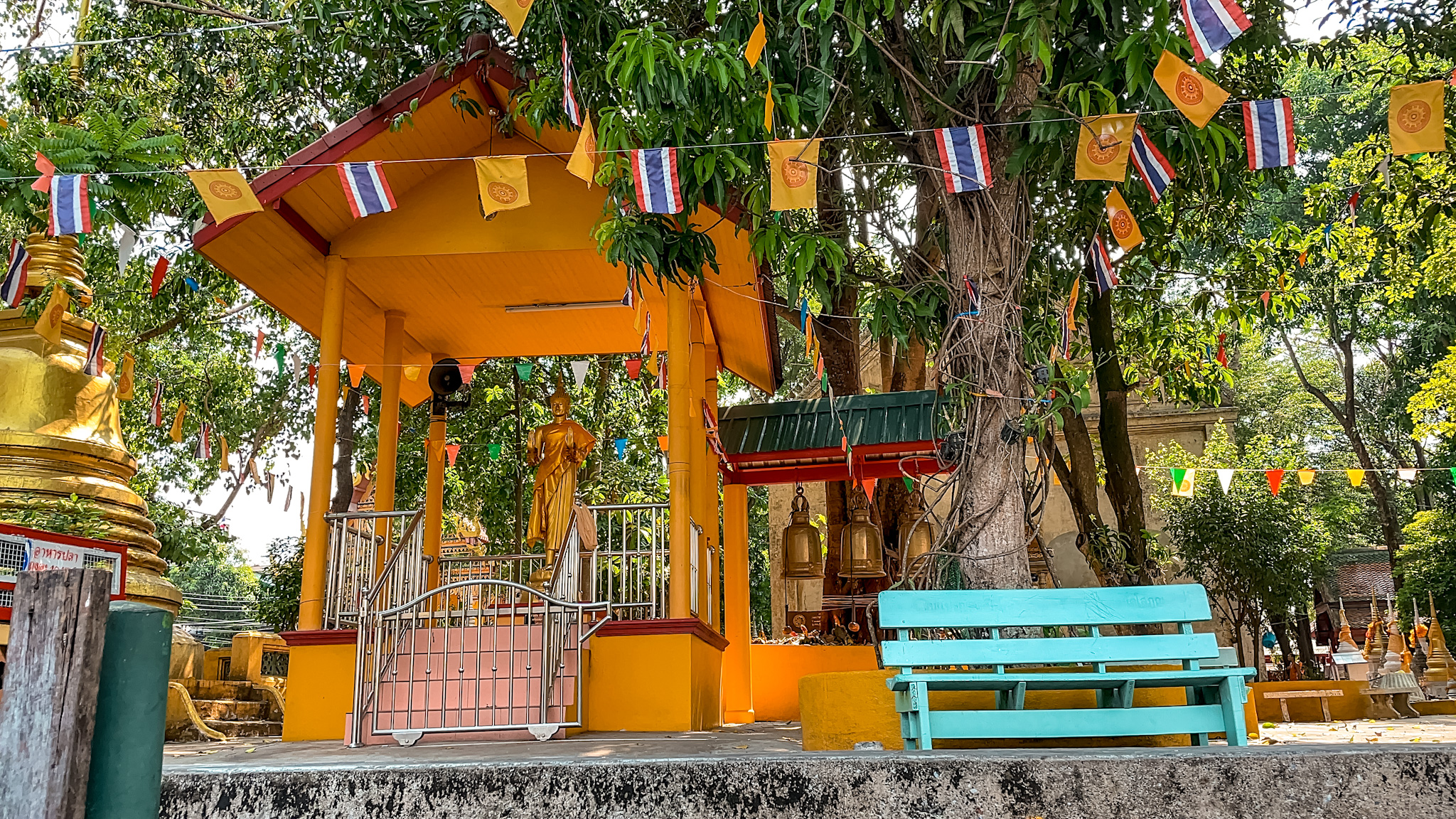
10) Culture, etiquette & daily life: small things go a long way
- Temples & dress: Cover shoulders and knees at sacred sites; the Grand Palace is strict. Bring a light scarf/sarong just in case.
- Shoes off when entering homes, many studios, some cafés and salons.
- Water: MWA says Bangkok tap water meets standards at the source, but many residents still use bottled/filtered due to building pipes/tanks, common sense in older condos.
- Language: A little Thai (“khop-khun ka/krub,” “sawatdee ka/krub”) + a smile works wonders.
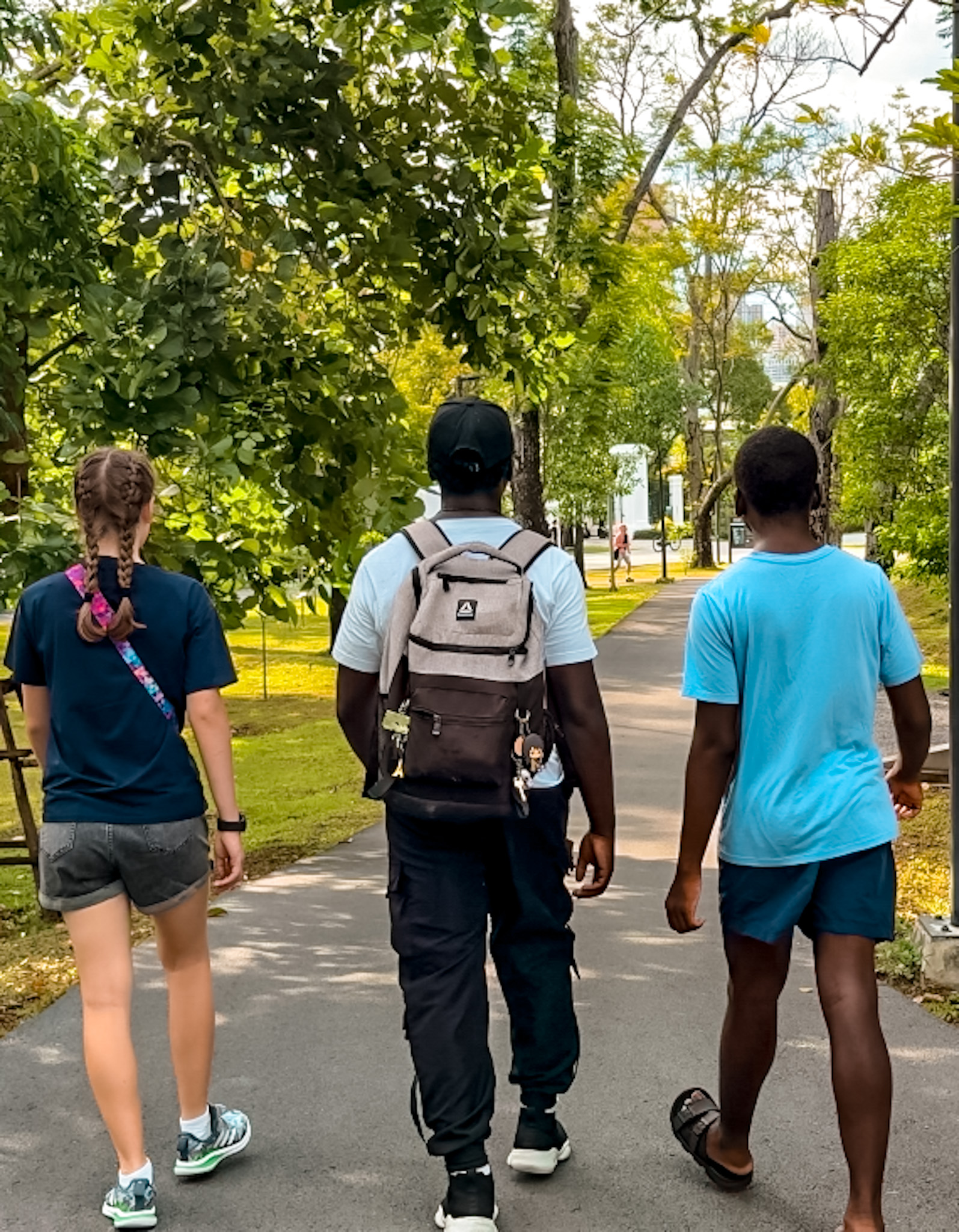
Bonus: Families & schools
International schools are excellent and expensive, think hundreds of thousands of baht per year per child at top schools. If school is in the plan, choose your neighborhood around the campus and commuting time first.
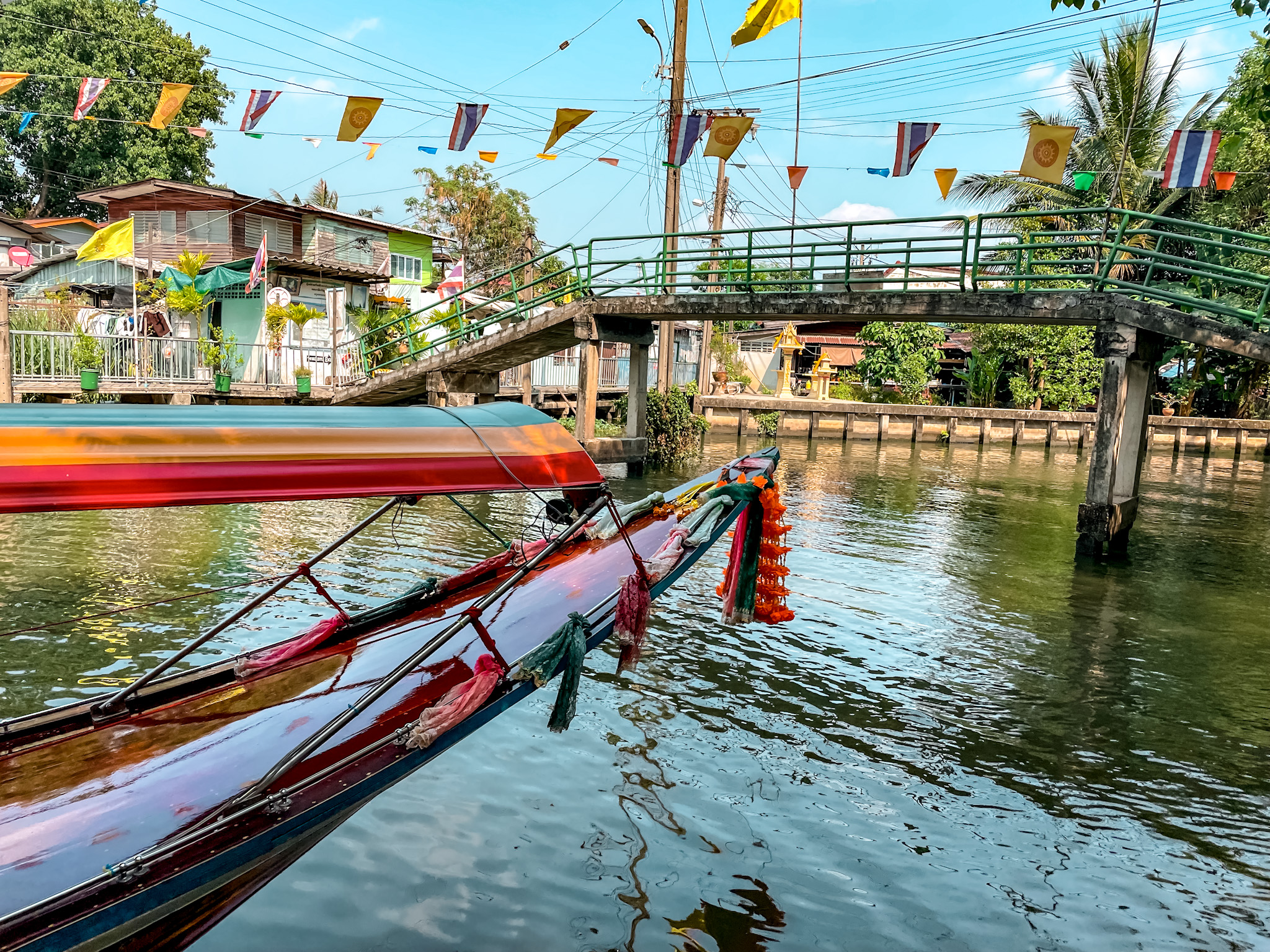
Quick starter checklist
- Pick an area near BTS/MRT that fits your vibe (Sukhumvit for convenience, Ari for neighborhood feel, riverside for views).
- Sort your visa path early and keep digital copies of TM30/90-day receipts.
- Get a Thai SIM in your name, then open a bank account if eligible.
- Set up fiber internet + buy an air purifier before smog season.
- Learn your building’s juristic office hours (packages, maintenance, move-in rules).
Bangkok is chaos and comfort in the same day, the mango sticky rice after a thunderstorm, the 30-minute train ride that saves a 90-minute taxi, the mall food court that somehow ruins your willpower every weekend. If you plan around location, air, paperwork, and transport, life here is ridiculously livable, and a lot of fun.
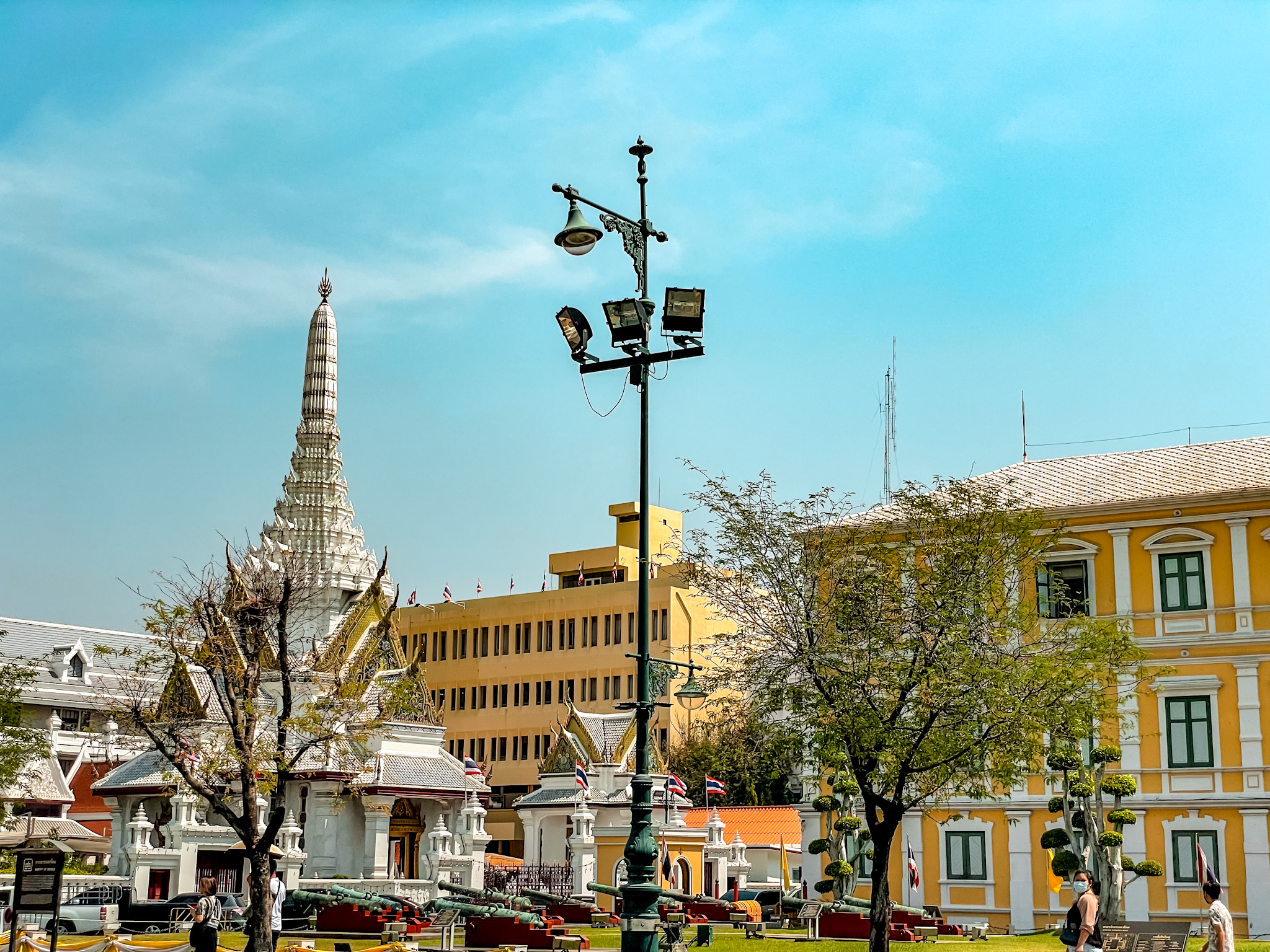
FAQ
Is the DTV (Destination Thailand Visa) enough to open a bank account?
Short answer: no. The DTV is treated like a tourist-class visa; most banks won’t open accounts on tourist status. You’ll typically need Non-Immigrant, LTR, or Thailand Privilege status (plus proof of address). Branch rules vary, but plan accordingly.
What’s a realistic starter budget?
If you live near BTS/MRT on Sukhumvit, a modern 1-bed often runs ฿30k–55k+/mo; go a few stops farther out for ฿12k–25k. Add utilities, mobile, internet, and transport. Lifestyle (cafés, gyms, international schools) moves the needle most.
Can I work online on a tourist visa?
No. Thai law requires a work permit to work in Thailand, even for foreign clients. Sort the right visa/permit first.
Where should I live first?
If convenience is king: Asok–Phrom Phong–Thonglor/Ekkamai for easy BTS/MRT and amenities. If you prefer calmer residential: Ari or On Nut/Phra Khanong for better value with rail access.
What should I set up in week one?
Thai SIM in your name, air purifier (AQI can spike), PromptPay/QR payments via your bank app (if eligible), and copies of TM30/90-day receipts in cloud storage.
